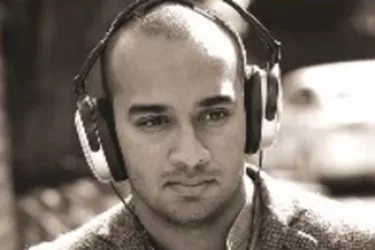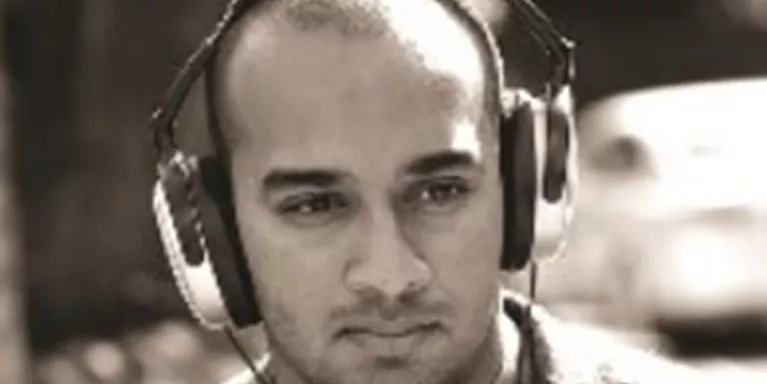Life after boxing
After an injury left him unable to box, Jamie developed depression. After some coaxing from family he spoke out about his struggles and got the help he needed.
Jamie is a former professional boxer. He now teaches boxing and visits schools to speak about mental health.
I started boxing at the age of nine. At that time I was the only boy in my family, with four sisters. One of my old primary school friends took me to the boxing gym one day and we started boxing together. Eventually he stopped going, but I kept it up, mainly because my mum wouldn’t let me stop - she wanted me to be able to look after myself.
I lost my first 20 amateur fights but I didn’t stop or give up. It was something I loved.
"They say your boxing coach is like a dad figure so I always had someone to turn to and speak to."
Growing up my dad had paranoid schizophrenia and always seemed to be in and out of hospital. I was young at the time and didn’t know what mental health was. We didn’t have a great father and son relationship and I always asked myself why me, why my dad? I used to get jealous of other people’s relationships with their dads. However, they say your boxing coach is like a dad figure so I always had someone to turn to and speak to.
My breaking point came just as everything was going well with my boxing. I was on a high, ranked number 34 in the UK and had won the British challenger belt. I was in preparation for another title fight in the southern area when I was injured.
"With no motivation, no goals, no routine, I’d ask myself what was the point."
Doctors advised that it wouldn’t be safe to box again, and so I stopped training. With no motivation, no goals, no routine, I’d ask myself what was the point. I felt that I’d let down everyone who’d believed in me, especially my coaches. I’d gone from running every day and being in the gym every day to not being able to get out of bed. I wouldn’t leave the house. I became convinced that everyone was talking about me and laughing at me. So I turned to drink, drinking every day. Eventually my fiancée ask me to leave.
"I couldn’t speak to anyone because I thought they wouldn’t listen - I was suffering in silence."
Feeling like I had nothing, like I was a failure, and asking myself what was the point in living, I attempted to take my own life. My fiancée caught me and I asked her to not say anything. She was pleading with me to seek help, but I felt embarrassed. I couldn’t speak to anyone because I thought they wouldn’t listen - I was suffering in silence. Then, three months after I attempted again to take my life, I got a voice note from my daughter that made me realise that I needed to seek help, to get out of this bubble, this dark place.
I eventually got the help I needed. I went to my GP and talked about how I was feeling. Then I started getting myself back into work. My general manager was really supportive and that helped me a lot. Speaking about what I was going through really helped me.
"To see other people speak about the mental health showed me that I wasn’t alone."
Around the same time a friend introduce me to a campaign called “Don’t Suffer in Silence”, who hold black tie gala once a year. I was asked if I’d would like to come down and share my story, so I went along and spoke. To see other people speak about the mental health showed me that I wasn’t alone, and from there I was invited by the owner of the campaign to go around and share my story in schools, colleges and work places. Since doing so, many more people have spoken out about their own mental health problem.
I now set myself a goal each month. I’ve now taken part in half marathon for Mind and also RED January, and I’m feeling in a great head space.
It’s so important to speak out and not suffer in silence. I’ve learned that there are people out there who can help, and I encourage others who feel like I did to do the same.


Information and support
When you’re living with a mental health problem, or supporting someone who is, having access to the right information - about a condition, treatment options, or practical issues - is vital. Visit our information pages to find out more.
Share your story with others
Blogs and stories can show that people with mental health problems are cared about, understood and listened to. We can use it to challenge the status quo and change attitudes.













